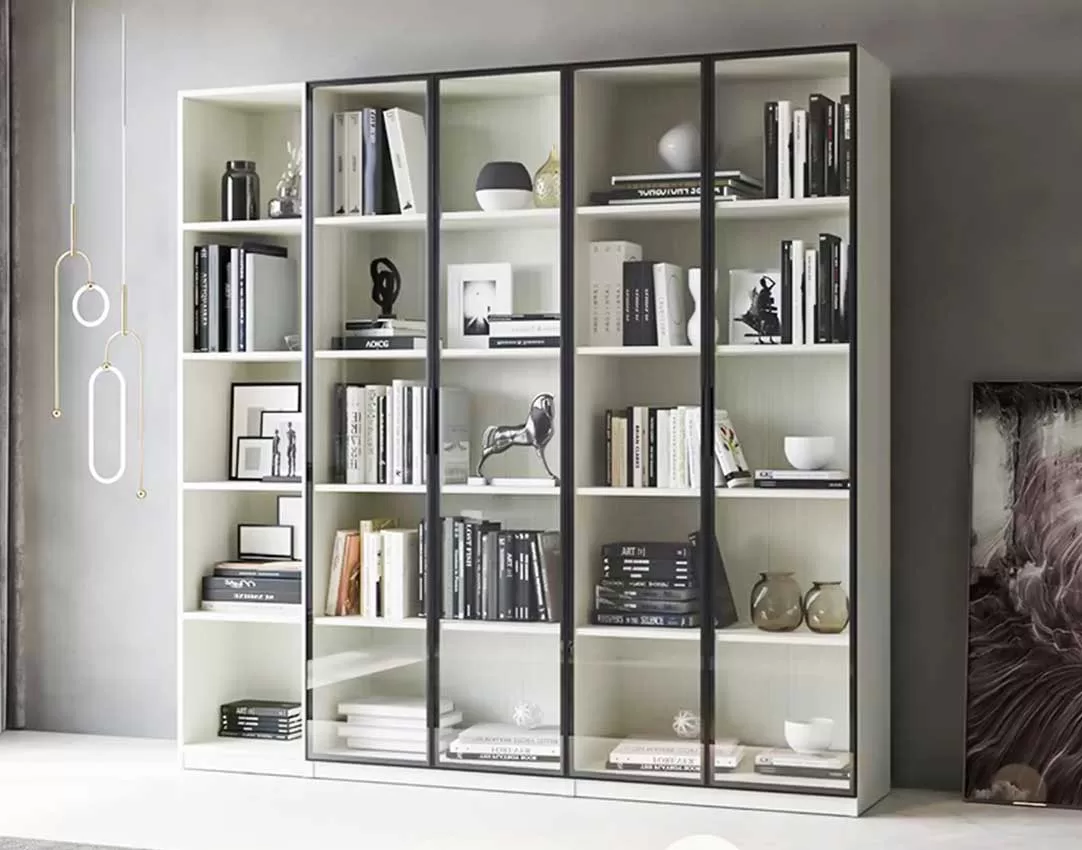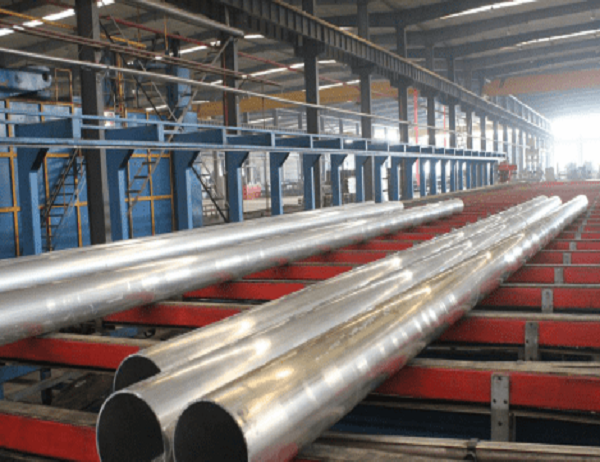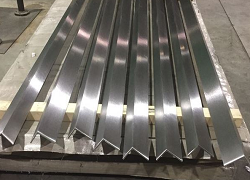Extruded aluminum pipes are renowned for their versatility and adaptability, making them a highly sought-after material across a wide range of industries. The unique combination of properties offered by aluminum, coupled with the precision and flexibility of the extrusion process, allows for the production of pipes that meet the specific requirements of diverse applications. In this article, we delve into the versatility of extruded aluminum pipes and explore their invaluable contributions to various industries.
Within the automotive industry, extruded aluminum pipes play a crucial role in weight reduction and performance enhancement. Their lightweight and durable characteristics make them ideal for applications such as structural components, engine parts, and exhaust systems. By utilizing aluminum pipes, manufacturers can reduce vehicle weight, resulting in improved fuel efficiency and handling. Furthermore, their resistance to corrosion and heat ensures longevity and reliability in harsh automotive environments.
The construction and architectural sectors heavily rely on extruded aluminum pipes for their aesthetic appeal, durability, and structural versatility. These pipes offer a combination of strength and lightness, making them suitable for a wide range of applications, from architectural cladding and curtain walls to structural frameworks and roofing systems. Their ability to be anodized or powder-coated provides endless possibilities for customization, allowing architects and designers to create visually stunning and functional structures.
In the demanding aerospace industry, weight reduction and structural integrity are paramount. Extruded aluminum pipes have emerged as an essential material for aircraft and spacecraft applications, where every ounce saved translates into significant fuel savings. Their high strength-to-weight ratio and exceptional resistance to fatigue and stress make them ideal for use in fuselages, wings, and other critical components, ensuring safety and reliability in the most challenging environments.
The electrical and electronics industries benefit significantly from the electrical conductivity and non-magnetic properties of extruded aluminum pipes. They are widely employed as electrical conduits, heat sinks, and electronic enclosures due to their ability to protect sensitive components from electromagnetic interference and dissipate heat. Their lightweight and corrosion resistance make them suitable for both indoor and outdoor applications, including power distribution systems and telecommunications networks.
Within the medical and pharmaceutical sectors, extruded aluminum pipes have found a niche in the production of precision instruments and equipment. Their smooth interiors and resistance to corrosion make them ideal for fluid handling applications, such as drug delivery systems and blood analyzers. Additionally, their ability to be sterilized and their biocompatibility ensure their safety for use in medical devices and implants, enhancing patient comfort and recovery outcomes.
In conclusion, the versatility of extruded aluminum pipes is evident in their widespread adoption across a multitude of industries. Their lightweight, durability, corrosion resistance, and adaptability make them the preferred choice for applications requiring strength, aesthetics, and functionality. From the automotive and construction sectors to aerospace, electrical, and medical industries, extruded aluminum pipes have revolutionized product design and engineering, enabling innovation and progress in various fields.



